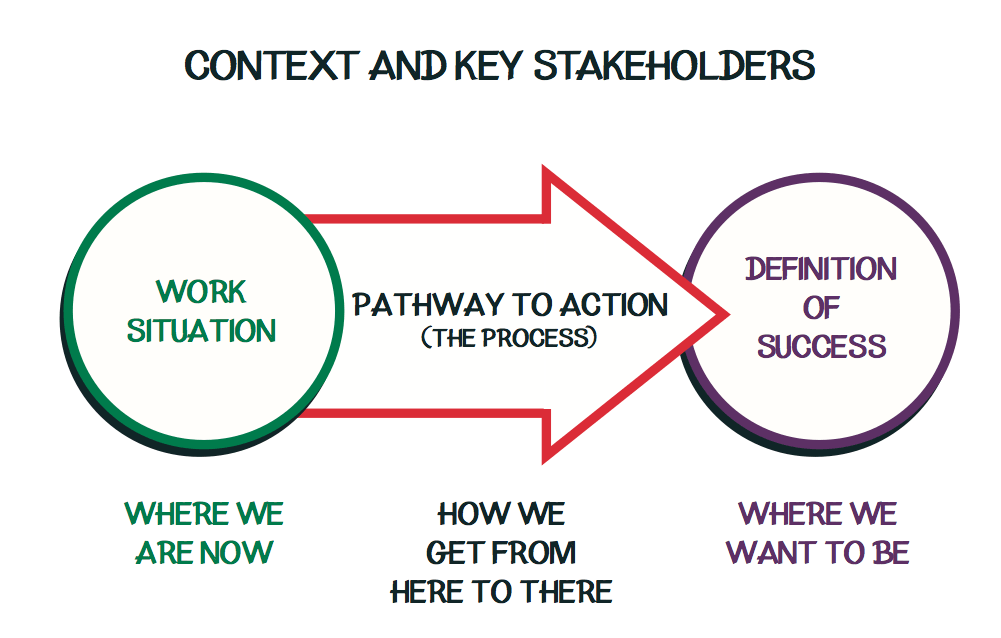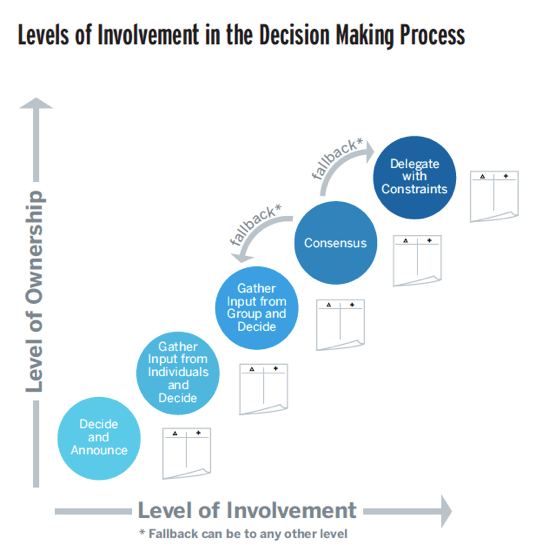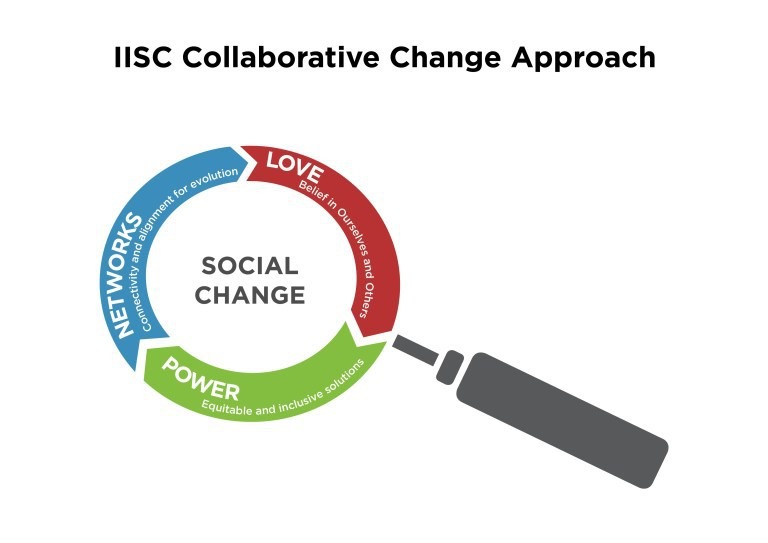
One of the questions that often comes up in our popular workshop, Facilitative Leadership for Social Change, goes something like this,
“It’s great that I’m learning all of these practical leadership and facilitation skills, but what happens when I’m not the one leading or facilitating?”
How can we keep things rolling when we aren’t formally in charge and when formal leadership is perhaps not so skillful? My answer: There’s usually some opportunity to lead, ask good questions, and to facilitate from the chair!
Behind most of the practices, frameworks, and tools that we offer in Facilitative Leadership for Social Change (FL4SC) is at least one good question that can be asked to help to move a group towards realizing greater collaborative potential. The point is not to ask these in threatening or aggressive ways, but in a spirit of service to help make more transparent, intentional, accessible, equitable and shared a joint endeavor.
Sign up for our free newsletters
Subscribe to NPQ's newsletters to have our top stories delivered directly to your inbox.
By signing up, you agree to our privacy policy and terms of use, and to receive messages from NPQ and our partners.

Here are some FL4SC-inspired questions to consider …
Purpose/Goals/Desired Outcomes of Meeting/Convening/Conversation
- What’s the purpose of (this) meeting/conversation? Why have we come together?
- Where are we trying to go? What is our vision of success?
- What outcomes are we striving for? What understanding do we want to achieve? What agreements do we want to build? What commitments do we want to make? What products do we want to generate? What (kind of) relationships are we trying to build? What spirit/feeling do we want to generate?
Stakeholders/The People
- Do we have the people we need to have in the room to have this conversation/make this decision?
- How do we get the people who are not here in on this?
- What are the implications of not including _______ ?

Decision-Making
- What is the decision (or decisions) we are trying to make here?
- Do we have the right information (and people) to be able to make the decision?
- How are we making this decision? Who makes the final decision?
- How are we communicating decisions we make here to those who are not here? Who needs to know?
The Process
- Where are we right now in this conversation/meeting?
- Is this process (the way that we are having this discussion) working for everyone?
- Is there some other way that we could go about this ?
Roles and Resources
- Who is facilitating?
- Who is taking notes?
- What other roles do we need to fill to support this work?
- What data and other resources do we need to have this conversation/do this work?
Power, Networks, and Love (Facets of the IISC Change Lens)
- Are we fully accounting for power dynamics in this meeting/conversation? Is this meeting equitably inclusive of and accessible to everyone who is participating?
- Have we made enough time to cultivate relationships/critical connections in this meeting? Who is not here who could and should be connected to what we are doing?
- Are what making enough space for both head and heart in this conversation/meeting? How could we make that possible?
- Do we all feel like we can speak our truths here? How could we make that possible?

Reprinted from the blog of the Interaction Institute for Social Change with permission.







